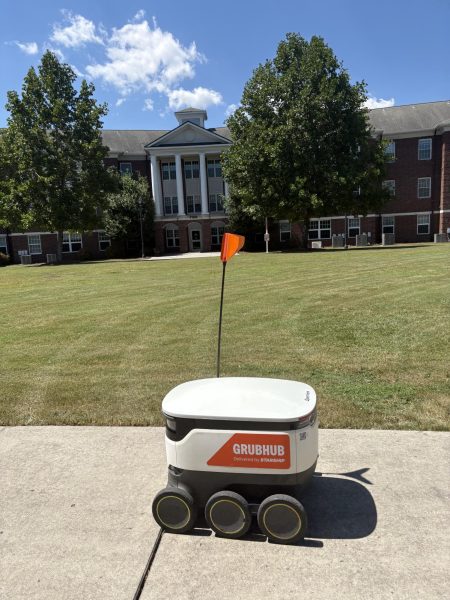City Council passes two ordinances for a more sustainable Wilmington
At a Feb. 16 meeting of the Wilmington City Council, councilmembers unanimously approved two ordinances brought forward by Sustainability Program Manager David Ingram.
The larger item on the agenda was the acceptance of a grant from the North Carolina Department of Environmental Quality for the purchase of an entirely electric trash/recycling vehicle.
The all electric trash vehicle will be partially funded under the Diesel Emissions Reduction Grants program, which will provide 45% of the costs ($270,586), requiring the city to put up an additional $367,384. The money will cover the cost of both the vehicle and the equipment required to charge it. Upon approval of the purchase, Wilmington will become the first city in North Carolina to have an electric trash vehicle in its fleet, and one of the first in the United States.
The electric trash vehicle is manufactured by Lion Electric, which currently holds the state purchasing contract for electric busses in the state of California. A Lion Electric representative, Omar Sandlin, made himself available to share information about the truck with councilmembers.
“The trash trucks are new technology, we actually have a nice backlog of orders for those,” said Sandllin during the meeting. “We don’t have any in operation here in the states just yet, the first two will actually hit Miami-Dade next month in March.”
The other ordinance involved the acceptance of another grant, this one from the North Carolina Division of Environmental Assistance and Customer Service (DEACS). The DEACS grant will provide the city with funding to purchase compost bins to then be distributed to Wilmington residents to use in their own homes.
The composting program will be made possible through an award amount of $20,000 from the 2020 Backyard Composting Campaign Grant. The city will put up an additional $4,000 of funding.
“The grant’s purpose is to enhance waste stream reduction with the promotion of backyard composting for City residents,” wrote Sterling Cheatham, city manager, in a document submitted to the meetings record.
The composting bins are said to be provided to Wilmington residents free of charge.
“With these grant funds we are planning on purchasing approximately 600 of these compost bins that will be provided to citizens for composting in their backyards,” said Ingram. “The waste reduction impacts are estimated at approximately 190 tons per year, so it is a significant waste reduction effort, as well as amending the soils of our local community.”











Paul Jefferson • Feb 24, 2021 at 6:42 pm
This is a wonderful action taken by our City Council…very forward-thinking. I still, though, want a cut of the manure produced by our mounted patrol horses…amiright? ;] My gardens could use some of that city largess.